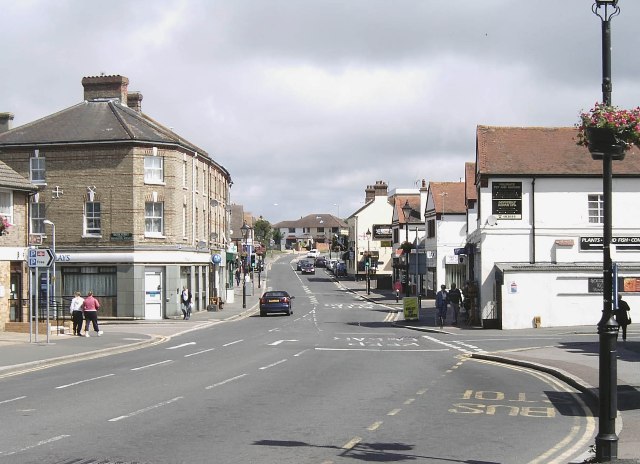Why would you run a shop on the high street, except for tattoo, vape and coffee bars, I can’t think of a reason to do so.
The greed of local councils and national government via business rates has well and truly killed the high street. The fact that business rates and the price of the property are linked means that the only people who win are pension funds as their balance sheet increases on an annual basis.
If a group of businesses work together to build the footfall of an area and look after the area, the rates will go up as the value of the properties will increase. If they are renting this from a landlord they will also put the rent up as the business rates should be linked. So local shops owners are not encourage to make the surrounding areas pleasurable. This is why councils are always do it, so it makes them more money through rates. When was the last time you say we will go to this town as they have nice pavements?
Local councils and also shopping mall owners have always been looking for that one mega store to have prime position, thinking it will draw in the customers, yet the majority of people go into town for a coffee these days. So I don’t see anyone soon taking a BHS sized positions and selling coffee. Their model is now destroyed.
If the shopping mall carves up the space into smaller units which doesn’t pay business rates or at a much smaller rate per sq ft, then the council loses out on their income. So they are happy for the shopping mall to keep paying them for the empty store.
Everyone is locked into a system which slowing killing itself. It seems the stakeholders who make this happen want the high street to be unsustainable, the rent is too high, the rates are too high, the buildings are low quality in terms of size and energy efficiency. If they get someone to invest in the high street, then pension fund is not interested in the community. Its just a mess.
We all know who and what the competition is, Amazon, eBay, alilbaba, all of whom run low cost operations in low cost buildings with low cost employees and a flexible operating base.
As customers we all want excellent service and this costs money: staff training, support and development over many years to ensure they know the product, the features and the benefits for every customer demographic who walks through the door. The customer is willing to pay, just look at coffee shops, tattoos and vape shops, all of which employ people who are passionate and knowledgeable about the product or service.
The high street should be the experience capital of a town, a place to go and take in the culture of the place, to engage with our fellow human beings on a peer citizen level. A place where it’s safe to walk in the fresh air and look and smell the sights. People are just as happy to go into town and walk around the market, watch a juggler and take a coffee. So all those councillors go figure, how this is going to make money for your town (and don’t just say parking charges or make the pavements look betters). Local councils need to understand they are custodians of an entrepreneurial retail ecosystem and they are failing because of their greed and lack of understanding of the real needs of their community.

Some charity shops should be banned from the high street as they provide no revenue for core services for local people. In some cases their products are more expensive, they don’t provide local employment and don’t engage with local community support. These shops should be handed over to a young unemployed people who can make a go of it and help local people.
Unless something radically changes in the UK, then the high street has lost all hope and will never recover from Woolworths, BHS, Littlewoods, C&A and a lots more. There has been many reports and yet noting has happened.

